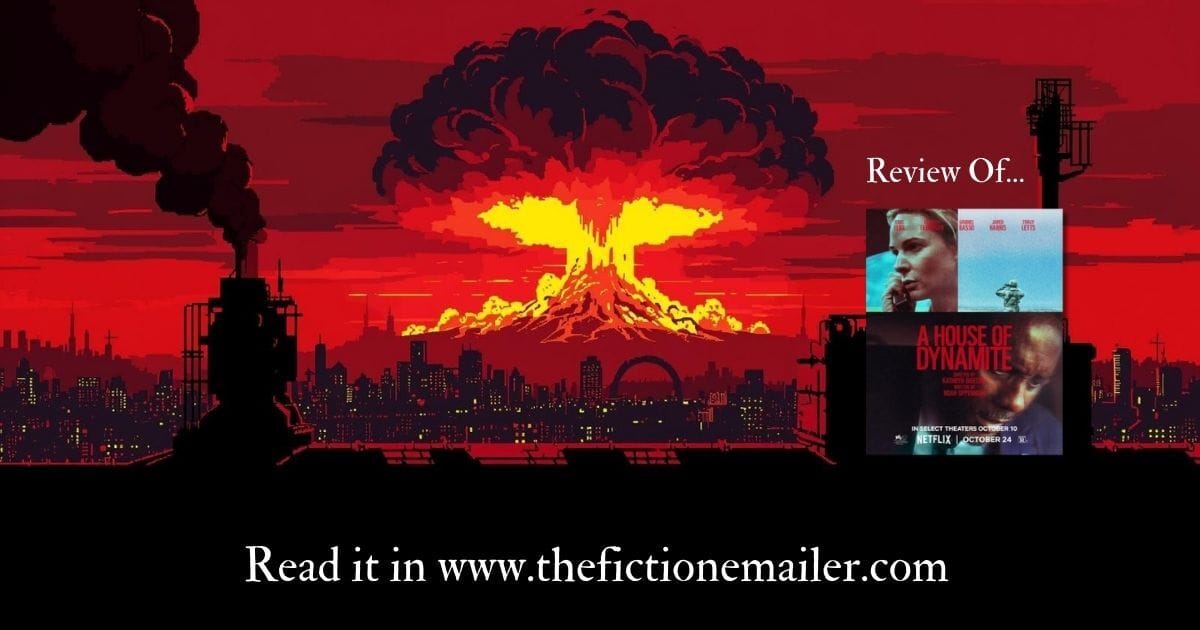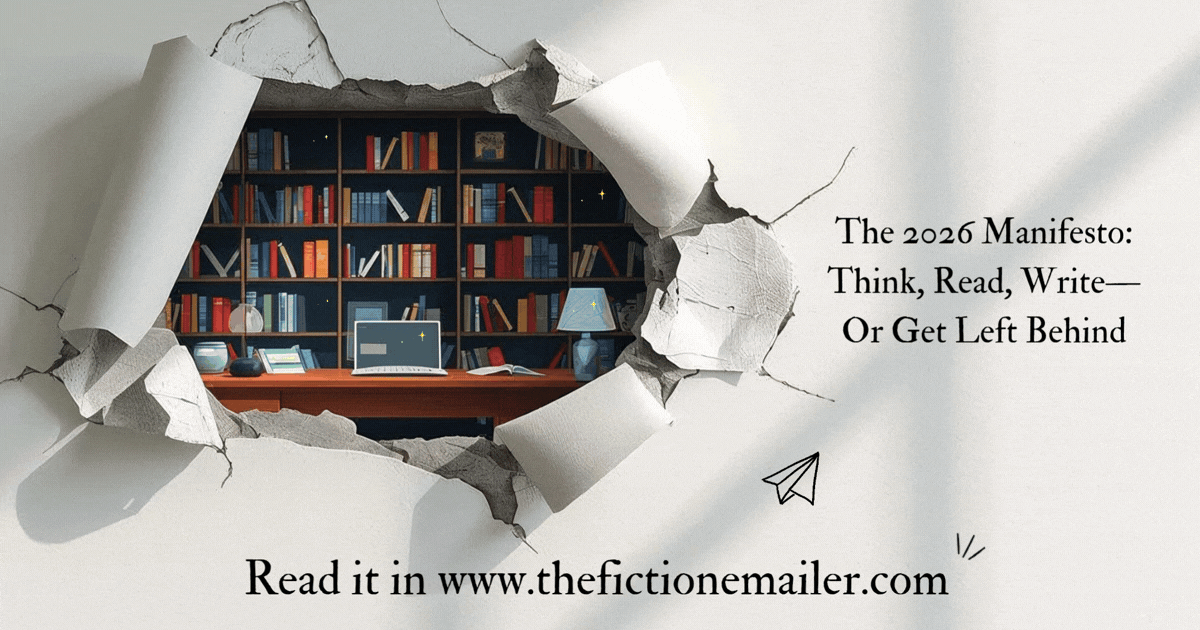Every time I sit down to watch a Hollywood movie that's a political thriller or else involving archnemesis – the US or Russia – fighting each other, I expect it would involve explosions or nuclear apocalyptic scenarios. This wasn't the case when I saw Oscar-winning director Kathryn Bigelow's 2025 thriller ‘A House of Dynamite’. Because the movie doesn't explode, it makes you suffocate with pressing questions.
The premise is deceptively simple. An unattributed Intercontinental Ballistic Missile (ICBM) launches toward Chicago. The US’ defense radar system detects it and its military responds with interceptors. But they fail. Now what?
The rest of the plot unfolds in real time across roughly twenty excruciating minutes, repeating the same missile crisis from three perspectives: the White House Situation Room, STRATCOM command (the division that responds to nuclear strikes), and the U.S. President himself (played by Idris Elba).
As each scene unfolds from different vantage points, you witness how information fragments, how people on command make sense of chaos differently, and how trust becomes the only currency that matters when verification is impossible.
A Fast Slow Burn Thriller
A House of Dynamite offers no fireballs, no mushroom clouds, but just the grinding machinery of protocol colliding with the fog of war. What's brilliant about Kathryn's approach is how she weaponizes the procedure itself.
Secretary of Defense Reid Baker (Jared Harris) receives the call. White House Situation Room officer Captain Olivia Walker (Rebecca Ferguson) coordinates the response. National Security Adviser Jake Baerington (Gabriel Basso) scrambles to brief the President.
Everyone follows protocol. Everyone reaches out to loved ones. It’s throughout these instances when the director’s camera—restless, handheld, breathlessly intimate—traps us inside the sealed rooms where the world's fate gets decided by a handful of people.
Composer Volker Bertelmann's grim violin score stabs at moments of maximum dread, then retreats into silence. The tight folds of the camera – snapping in between zoom-in/zoom-out makes you feel like you’re in a racy documentary-like action by Paul Greengrass (of the Bourne Series). This is where A House of Dynamite transcends thriller mechanics and becomes something closer to true world horror.
The Warning Echoes of Annie Jacobsen
I kept thinking about Annie Jacobsen's 2024 non-fiction book Nuclear War: A Scenario, which chronicles a 72-minute nuclear war in minute-by-minute detail. Annie's North Korean "bolt from the blue" scenario—first detonation at 23 minutes, global thermonuclear war within seventy-two minutes, five billion dead—operates on the same terrifying logic as Kathryn's film: speed kills judgment.
Both works force us to confront the former U.S. Secretary of Defense Robert McNamara's quote: "the indefinite combination of human fallibility and nuclear weapons." The film even echoes Annie's structure, building toward what Arms Control identified as her critical insight: once the first warhead detonates, “rational decision-making collapses under the weight of rage, fear, and the imperative to retaliate.”
Threats of Nuclear War in the Age of ChatGPT
A House of Dynamite arrives at a moment when U.S. protocols explicitly banned during Biden era, the use AI to remove humans from nuclear decision-making, yet Stockholm International Peace Research Institute (SIPRI) warns that AI systems already "compress decision-making timelines, potentially increasing miscalculation risks."
We've built systems designed for speed in an age that demands verification. We've normalized the unthinkable. Watching the movie also reminded me of the May 2025 India-Pakistan crisis. Nature reported that "news and social-media feeds in both countries were flooded with fake photos showing damage from military strikes," creating what researchers called "a continued deluge of false news" that "increased the risk of a nuclear escalation."
With new AI tools popping out every other day, allowing users to create videos that’s getting harder to distinguish fact from fiction, it becomes necessary to create frameworks to factcheck nuclear threats before nations go trigger-happy.
In A House of Dynamite, Kathryn’s genius lies in making us feel what experts can only describe: the grinding, claustrophobic terror of living inside a house of dynamite, waiting for someone—anyone—to strike the match.
Whether through error, malice, or a deepfake that humans can't detect, the result is the same. Eighteen minutes. Six minutes. Seventy-two minutes. Does the timeframe really matter when the outcome is annihilation? The film doesn't answer that question. It just makes you live it. There's no heroic resolution, no presidential speech rallying the nation.
The film ends with muffled explosions during the credits and an unresolved question: did the President retaliate? That ambiguity is the point. By refusing catharsis, Kathryn forces us to sit with the unbearable: How do we prevent this before someone mistakes a fake for the real launch order?
Internet’s Best: Curated Readings for a Smarter You
Looking for unbiased, fact-based news? Join 1440 today.
Join over 4 million Americans who start their day with 1440 – your daily digest for unbiased, fact-centric news. From politics to sports, we cover it all by analyzing over 100 sources. Our concise, 5-minute read lands in your inbox each morning at no cost. Experience news without the noise; let 1440 help you make up your own mind. Sign up now and invite your friends and family to be part of the informed.













